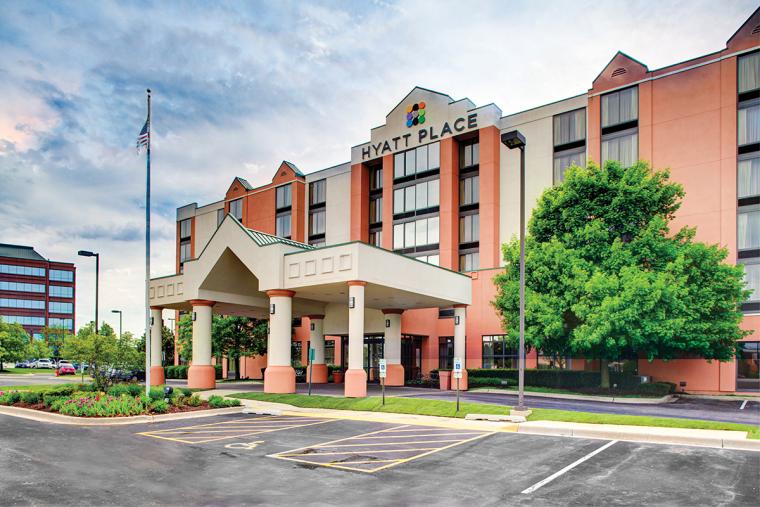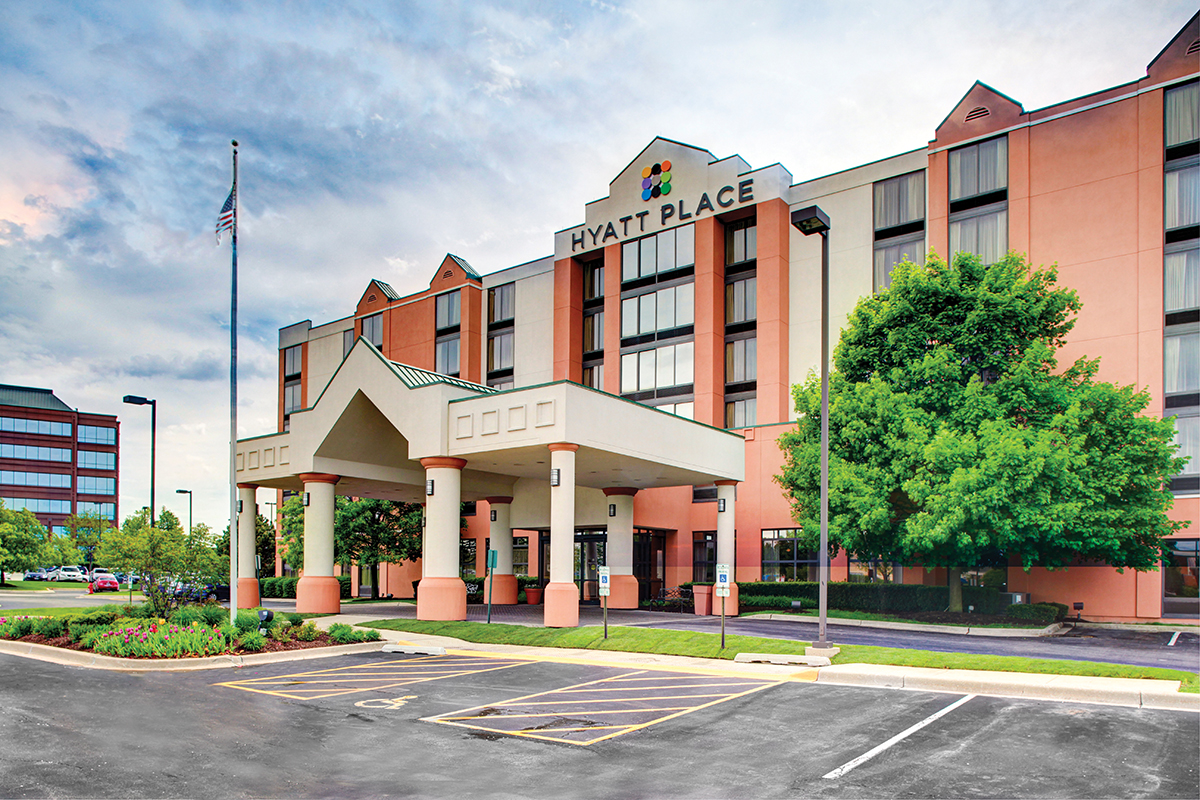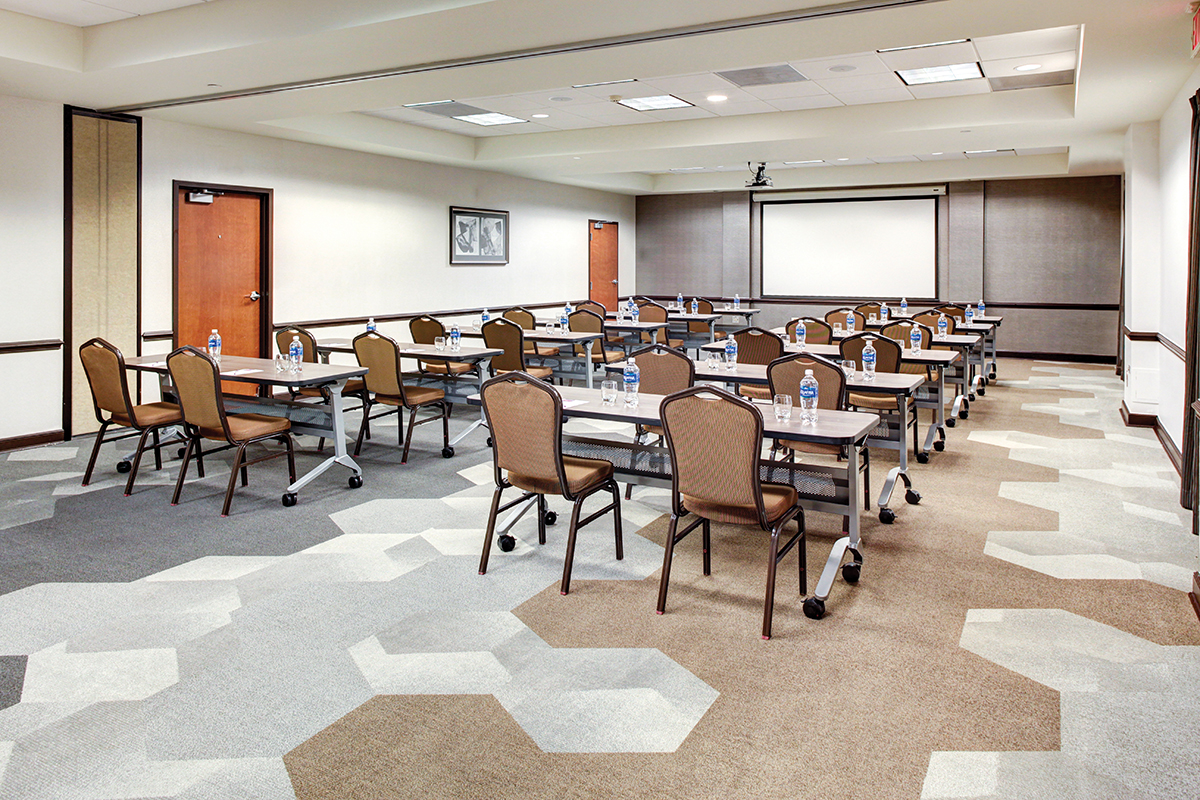

Beyond securing the facility for your sporting event, you will need to prepare to negotiate with hotels for guest rooms, meals and meeting accommodations.
Have you ever wondered why negotiation is referred to as an art? Perhaps, it is because most of the power is in the preparation and the subtleties. And while it’s true the best hotel negotiations are collaborative, they also require a certain amount of pre-planning to understand your desired outcomes, as well as the priorities of the property with whom you will be negotiating.
So while you will need to come to the table understanding the amount of hotel rooms you need, the room rate your participants can afford and the meeting and food and beverage requirements of the event, there are a few other primary factors that hugely impact your ability to negotiate with hotels.
Let’s begin by considering the following:
• How to size up your event’s five desirability factors
• How to enlist the help of a Convention and Visitors Bureau or Sports Commission partner to make event negotiations hassle and stress free.
 The Desirability Continuum
The Desirability Continuum
Not all meetings and events are created equal. There are in fact, a number of factors that make your event more or less desirable to hotels, facilities and destinations and will directly affect your negotiation leverage. As a baseline, there are five important factors to consider, and while we will explore them individually, keep in mind it’s the combination of these factors that are ultimately significant. For example, in your own event negotiations, you can counterbalance factors of lower leverage with factors that have higher leverage considerations.
1. Meeting Room to Guest Room Ratio
It’s more than just room rates that hotels consider. Is your event a “space hog” or an “opportunity creator?” Space hogs need lots of meeting space in comparison to the number of guest rooms they occupy. The most important revenue source for a hotel is its guest rooms and most hotels want to commit their guest rooms in relation to the most reasonable amount of meeting space possible.
If you require all of a hotel’s meeting space and will only use a third of their guest rooms, your leverage will be much, much lower. On the other hand, if you use only a small amount of meeting space and will occupy a larger percentage of guest rooms, you have opened up the opportunity for the hotel to sell its meeting space to another group for more revenue potential. In this instance, you have higher negotiation leverage.
2. History of Guest Room Pick-up
Before you head out to negotiate, collect the documentation of your past events in terms of guest rooms utilized. Whether you’re dealing with one hotel or a number of hotels for a large event, your history of guest room pick-up or guest rooms actually utilized is again one of the most important factors. Think of your event’s guest room history as you would your credit rating. If there is a history of discrepancy between the number of guest rooms you have historically blocked in comparison to the number of guest rooms you have actually utilized, your negotiation leverage will be lower.
Understanding and keeping track of your history is extremely important, although it’s often not a consistent practice among both novice and experienced planners. Once an event has concluded, it’s always tempting to just “move on” and not obtain this historical documentation for your records; however, it’s a must for stronger negotiation power.
 3. Time of Year
3. Time of Year
Are you “among the many” or meeting over a “need period”? Every hotel and destination has proven time periods of high or low demand. An obvious low time may be the days immediately before, during or after a national holiday, or a weekend when sports functions are most likely to occur, but this is not set in stone and is highly dependent on the type of hotel and the destination when seasonality comes into play.
Taking the time to consider your meeting time frame and then understanding the seasonality or demand during that time in the destination or hotel you are considering will be key to your leveraging power.
4. Arrival and Departure Patterns
Are you a “blocker” or do you fit into more “conventional” arrival and departure patterns sought after by hotels? Again, negotiation leverage is lowered anytime the hotel or facility can’t maximize guest room occupancy. Most two- to three-day meetings and events arrive on either a Sunday or Wednesday/Thursday and fit back to back quite nicely. What upsets the apple cart is an arrival on a Monday or Tuesday, which blocks the hotel’s ability to accommodate another group. However, as mentioned before, this leverage could be offset if the meeting occurs over a time of the year of lower occupancy, such as holidays or right after a holiday when a Monday arrival might be more desirable to a given hotel.
5. Total Revenue Potential
Are there other lucrative elements to your event? In addition to guest rooms, other hotel or facility revenue potential is also highly valued, especially catered food and beverage, audio-visual, spa usage and restaurant and bar spending. If your attendees have a history of spending a lot of money in these areas, you will have higher negotiation leverage when you can provide documentation in a post-event report, compared to much less leverage if all you need is meeting space and guest rooms and your meeting provides no ancillary revenue to the hotel.
CVBs and Sports Commissions as the Ultimate Meeting Planning Partners in Your Negotiations
Is your head spinning thinking about all the things you really need to understand in order to be an artful negotiator? Negotiating the best deal and finding the best fit for your meeting is both complex and time-consuming because there are multiple variables both you and the hotels must take under consideration.
That is why we recommend connecting with a highly trained destination expert from a convention and visitors bureau or a sports commission that will be the local resource to help you find the right hotel that fits your specific needs, all for free. After they have a full understanding of your event’s desired outcomes and requirements, the CVB or sports commission’s destination experts will:
1. Educate you on the type of hotels and venues in their destination.
2. Help you understand the desirability of your event for the different types of hotels.
3. Educate you on the seasonality of their destination if lower rates are an important factor.
4. Once potentially suitable hotels are mutually identified, the CVB or sports commission can reach out to these hotels and request proposals based upon your requirements and at your request, can even aggregate those proposals for added ease of consideration.
They may provide other services as well; be sure to ask.
All this legwork is a free service provided to you by the CVBs or sports commissions in the destinations you are considering, saving you time and money.
Never go into any negotiations unprepared and without fully understanding the parameters on which your event is being evaluated. And you never have to go it alone! Call your CVB or sports commission partner and enlist its aid in understanding all your options. SDM

